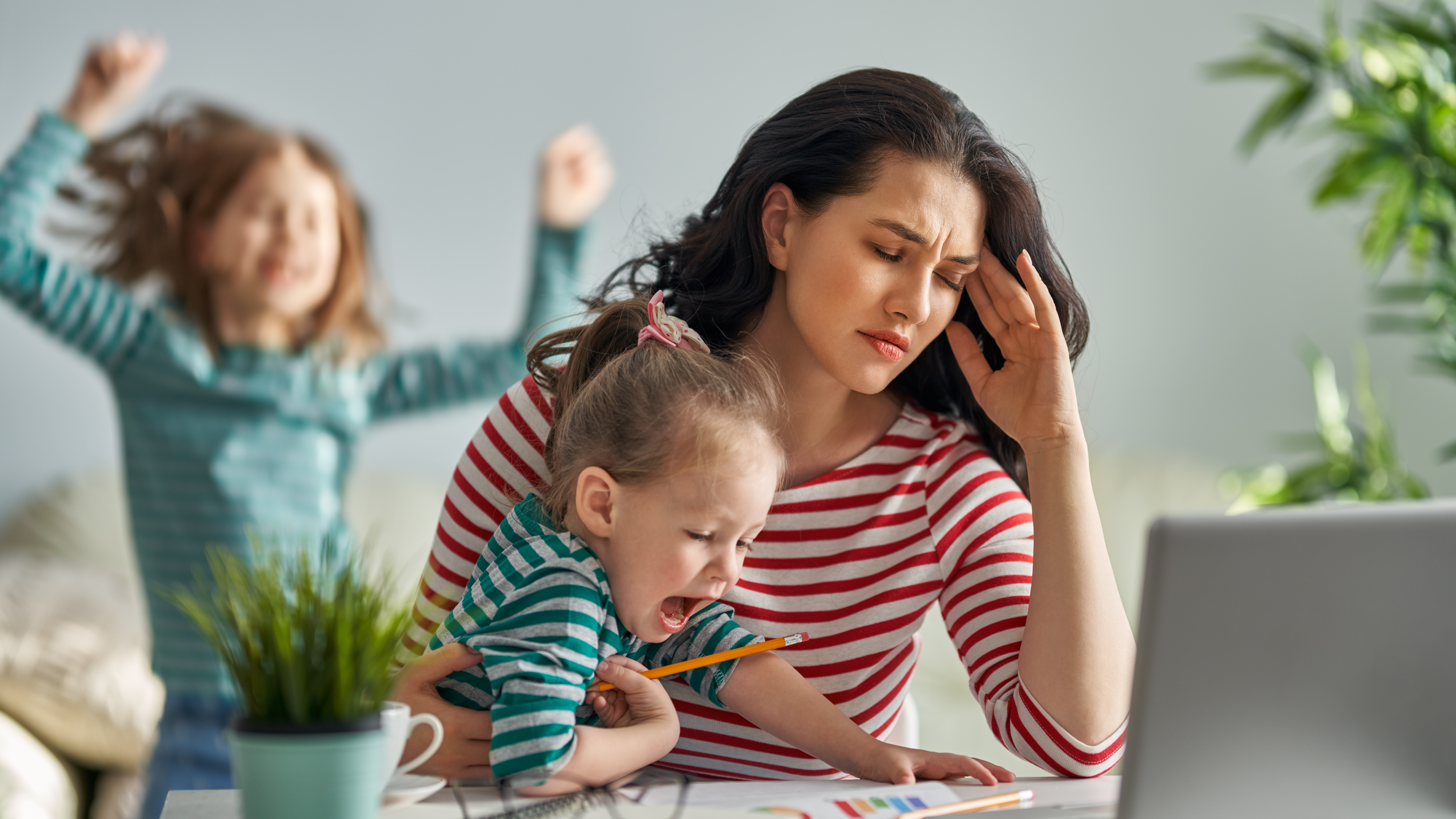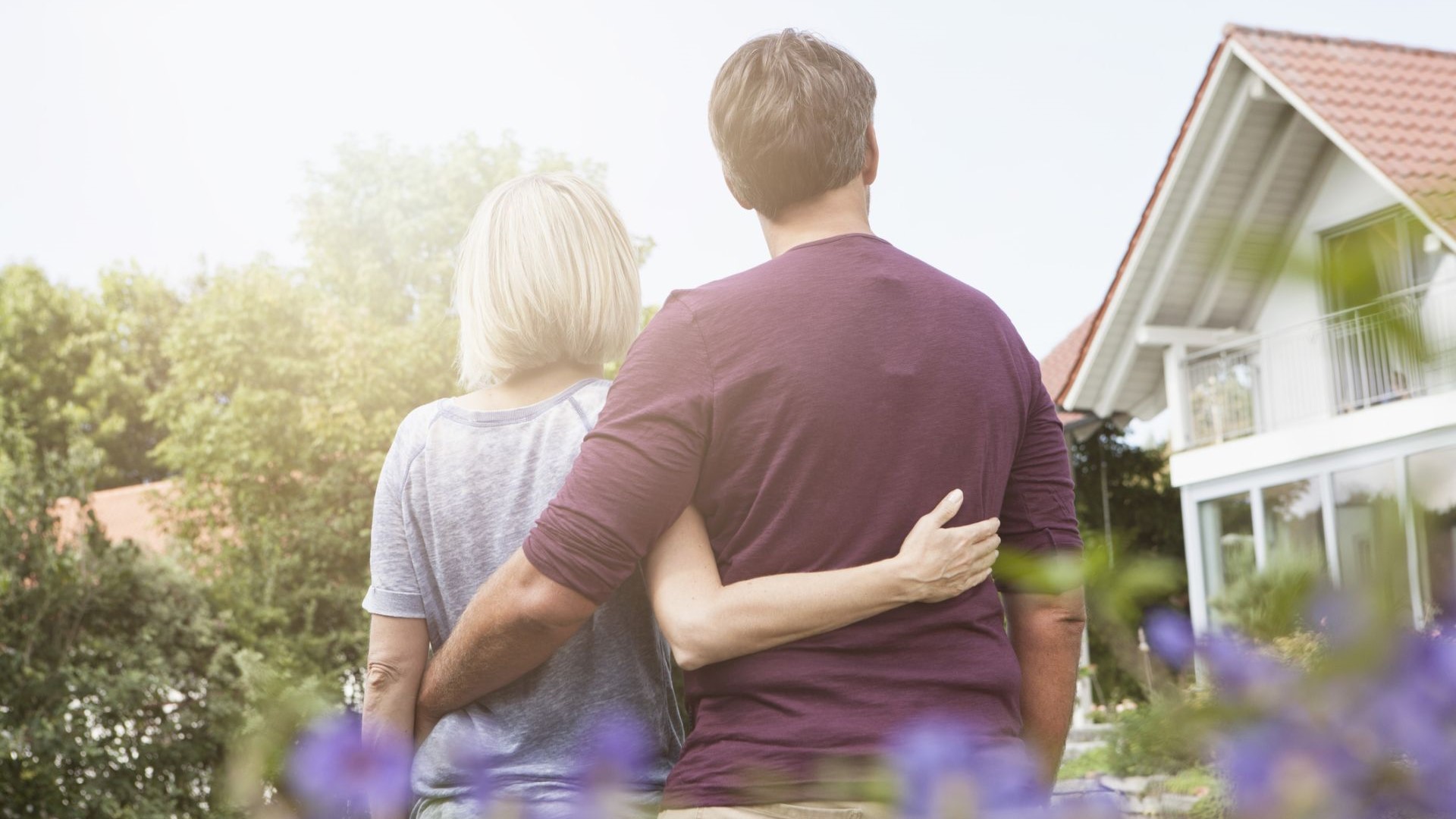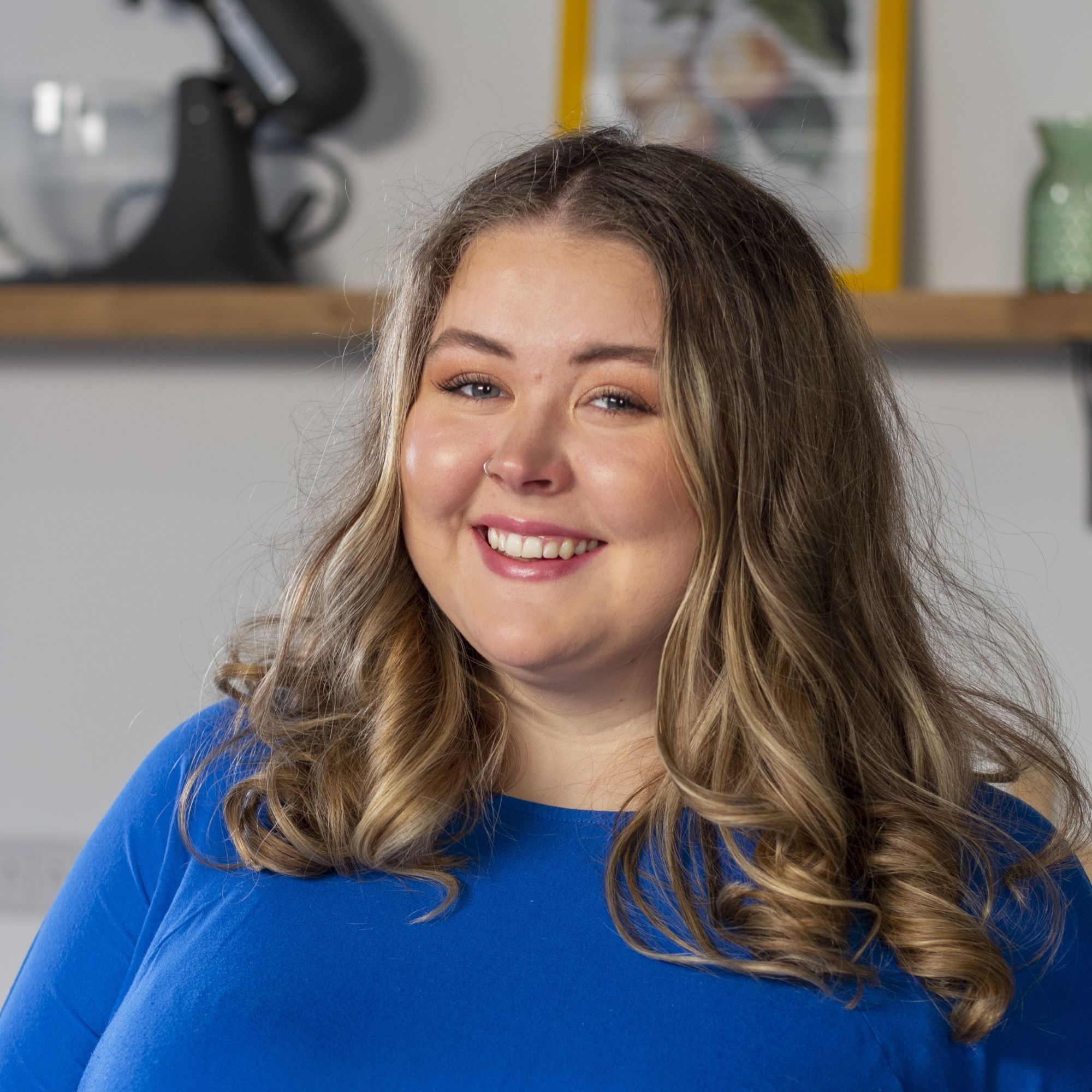The coronavirus pandemic is making us re-evaluate what we need from our homes, according to architects and real estate brokers. While before lockdown many would choose a home for its proximity to work, schools, and loved ones, remote schooling and working is making many realize that location isn't everything.
Writing in The Conversation, Architect Tara Hipwood said "with fewer people now commuting and more people working from home, where people choose to live and how they want their houses to function may change after this prolonged period of lockdown."
Hipwood predicts that personal space will be one of the main things people seek in homes after lockdown, which is a notable shift from the popularity of open-plan living and large communal spaces. Hipwood explains that open-plan living depends on a "phased" pattern of occupation, whereas lockdown has forced “concurrent” occupation. In other words, while kitchen-diners were designed for family meals and a natural flow between spaces, some may have found their new home desk (the kitchen table) a difficult working environment when sharing with partners or children. These spaces weren't designed for entire families to be at home all day.

Speaking to FOX Business, LA-based real estate broker Orit Gadish said "home design is now being reimagined in order to integrate the work-study-life balance post-COVID-19."
With research revealing a "digital divide" between those who can afford internet and those who have struggled to work from home, lockdown has certainly increased the importance of the best internet providers in homes. Gadish predicts a new trend of 'Zoom rooms' - a quiet space designed for video calls and remote meetings. For those who can afford it, that is, there is also set to be newly designed "dedicated work areas for each adult and dedicated study space for each child with powerful Wi-Fi."
And if you can't afford a study space for every member of the family? "Expect to see more built-in bookshelves that can serve a double purpose for storage and a sleek backdrop for conference calls."
The importance of outdoor space

Only recently, we spoke to a leading horticulturist about the mental health benefits of gardening. Charles Harpur told us “by getting our hands in the soil and cultivating plants, we connect with the natural world and are reminded that we are a part of something much bigger than ourselves."
Lockdown has woken many up to the perks of gardening, even in small spaces. Balcony inspiration has been trending and sales of ourdoor furniture have gone through the roof thanks to stay-at-home orders. Hipwood highlights the "renewed interest in self-sufficiency, which may continue long after lockdown. This could lead to gardens being used for growing food", and may even cause many to consider moving to a home with more outdoor space, with space for children to play and room to fire up the gas grill for summer barbecues.
If you've already got the garden space you need, check out our guide for 5 ways to make your garden summer-ready.

